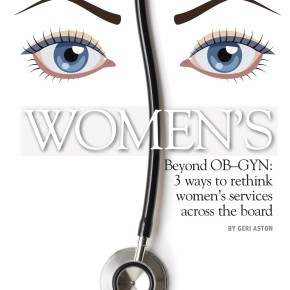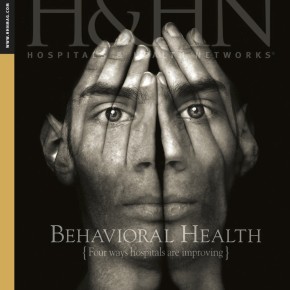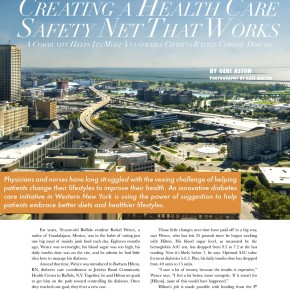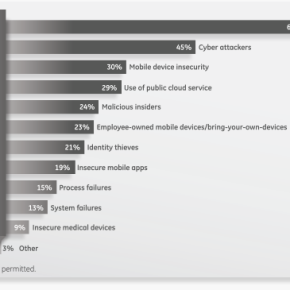Professional Experience
I am a Chicago-based journalist who has covered health care for more than 25 years, first as a reporter, then as an editor and now as a freelancer. My specialties are policy reporting, health care quality, hospital issues and general health topics. I'm experienced in news, feature and editorial writing, as well as editing. I'm skilled at taking complex subjects and making them accessible to readers. I can write for any audience, from doctors and hospital CEOs to consumers. I enjoy both hard-hitting pieces and light, consumer-oriented articles. Although health care is my area of expertise, I'm versatile enough to write about almost any subject.
Expertise
Editor
5 Years
Writer
29 Years
Specialty
Education
2 Years
Government
14 Years
Health
26 Years
Industries
Newspaper - Community
2 Years
Association publication
26 Years
Online/new media
2 Years







